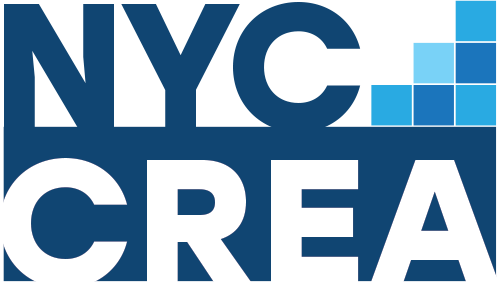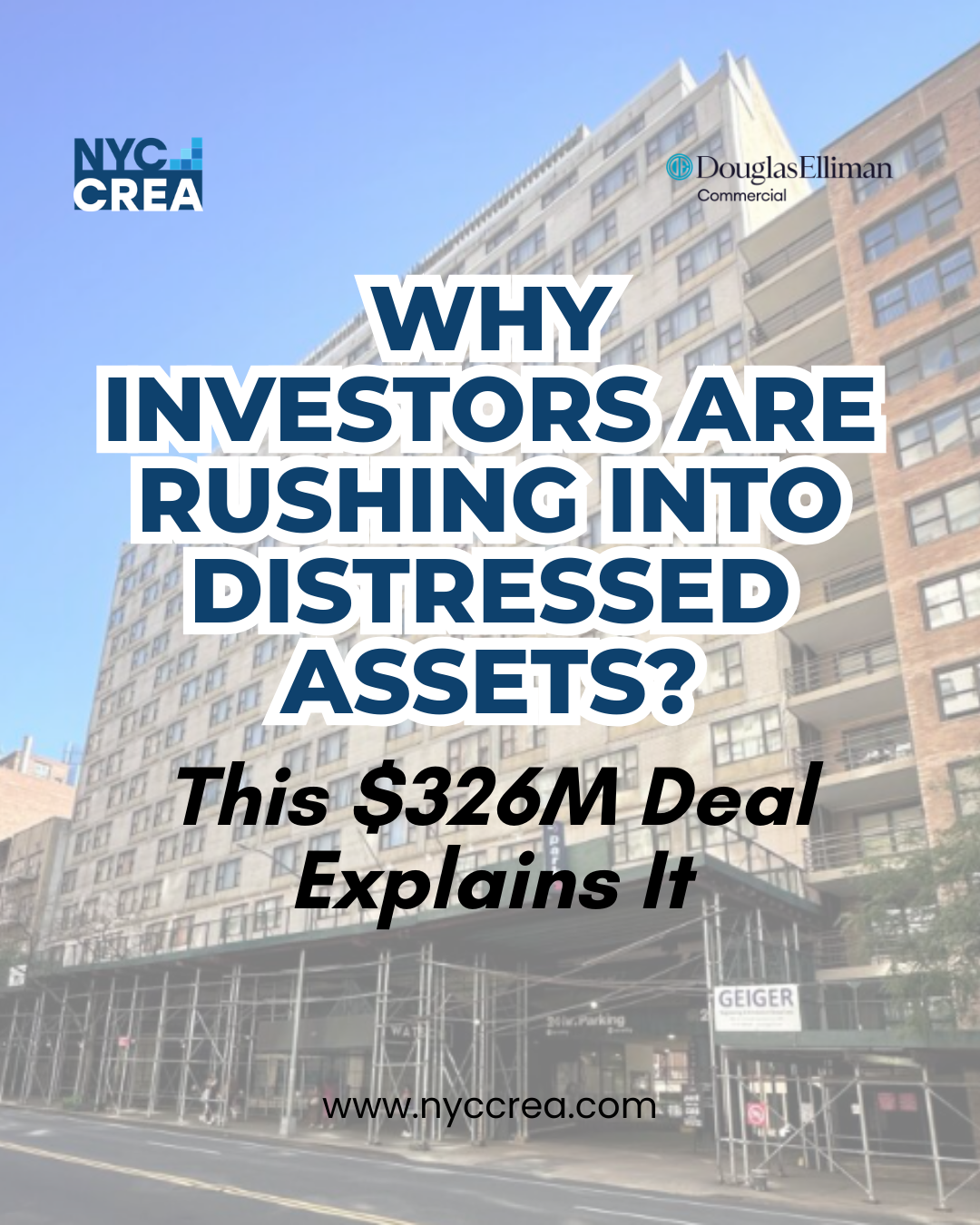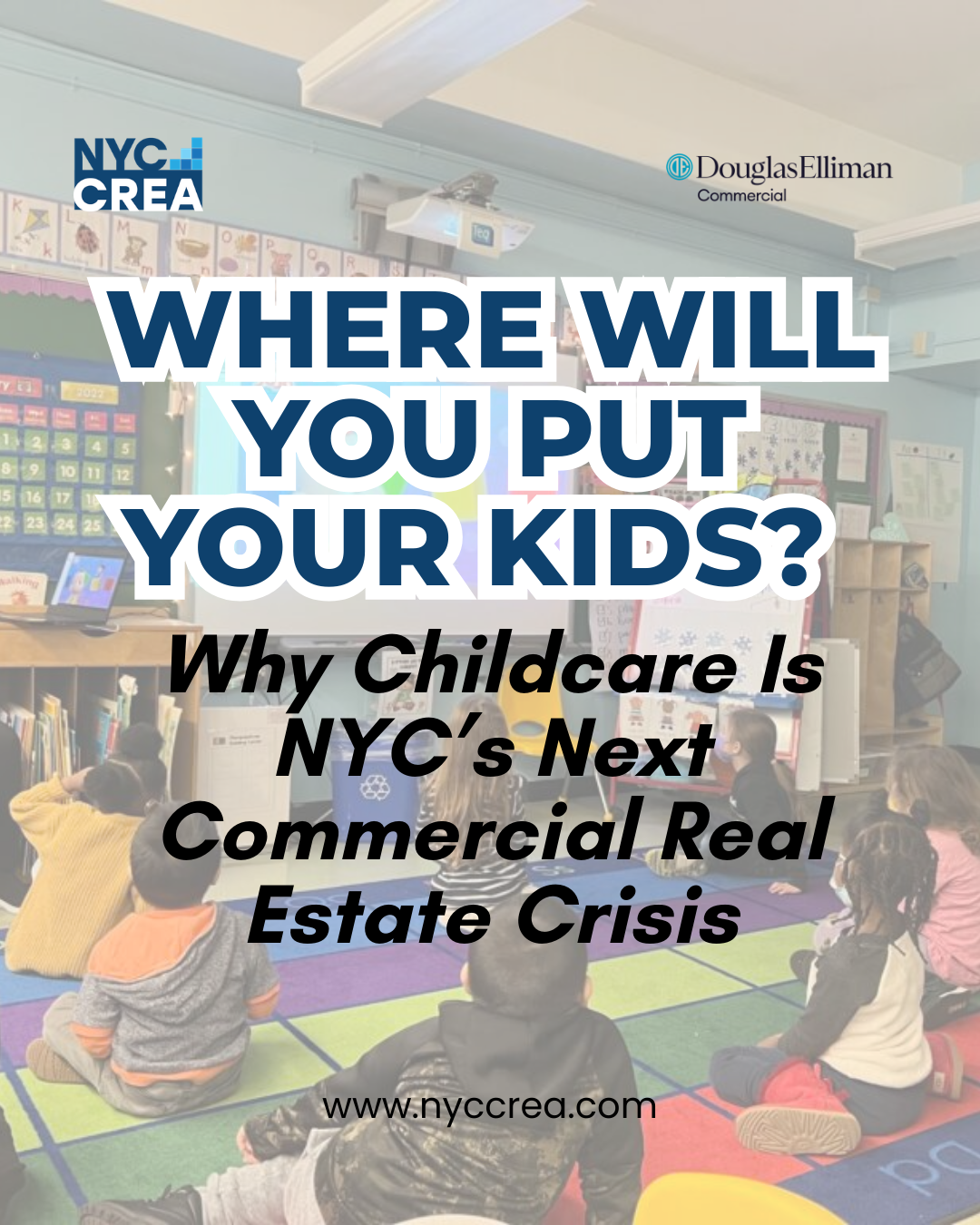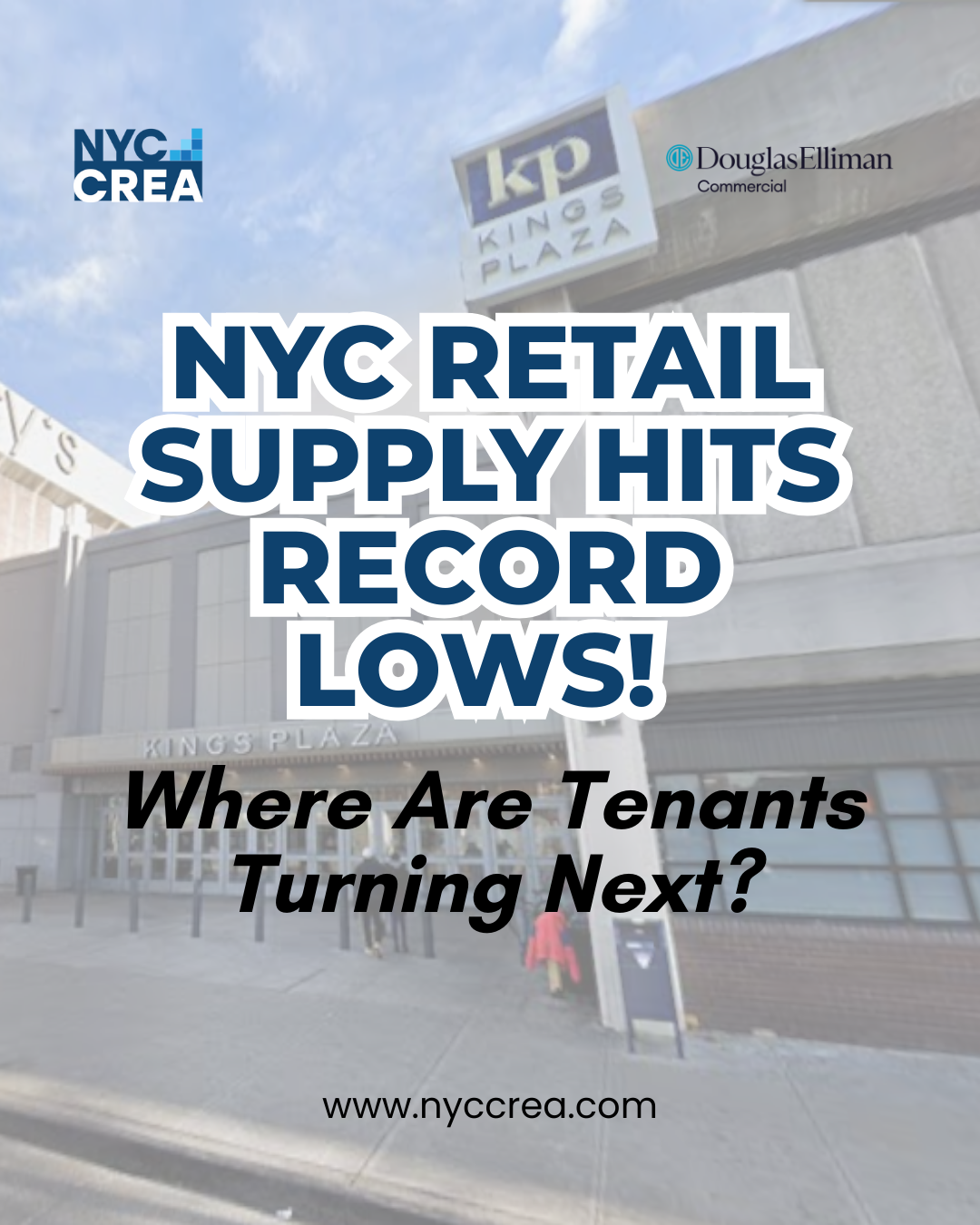The decision to buy or lease commercial real estate in New York City is a crucial one that can significantly impact your business’s financial health and long-term success. As a realtor specializing in commercial properties in NYC, I understand the importance of weighing the pros and cons of each option. In this article, we will explore the advantages and disadvantages of buying and leasing commercial real estate, helping you make an informed decision that aligns with your business goals.
Buying Commercial Real Estate:
Pros:
a. Long-term Investment: Purchasing commercial real estate offers the potential for long-term appreciation and equity buildup. As property values in NYC tend to increase over time, owning a commercial property can be a valuable asset and a potential source of significant financial gain.
b. Control and Flexibility: Buying a commercial property gives you complete control over the space. You have the freedom to customize and modify it according to your business needs without seeking permission from a landlord. This control allows for greater flexibility in shaping the space to meet your specific requirements.
c. Tax Benefits: Owning commercial real estate in NYC comes with tax advantages. You may be eligible for deductions on mortgage interest, property taxes, depreciation, and certain operating expenses. These tax benefits can positively impact your business’s bottom line.
Cons:
a. High Initial Costs: Purchasing commercial real estate in NYC typically requires a substantial upfront investment. Costs include the down payment, closing costs, property inspections, and potential renovations or upgrades. The initial financial commitment can be a significant barrier for businesses with limited capital.
b. Maintenance and Responsibilities: As an owner, you are responsible for the maintenance and repairs of the property. This includes costs associated with upkeep, property management, and potential unexpected expenses. It’s important to budget for these ongoing responsibilities.
c. Limited Flexibility: Buying a commercial property ties your business to a specific location. If your business needs change or you outgrow the space, selling or relocating can be time-consuming and costly. Buying may limit your flexibility to adapt to future circumstances.
Leasing Commercial Real Estate:
Pros:
a. Lower Initial Costs: Leasing a commercial property requires a smaller upfront investment compared to purchasing. Instead of a down payment, you typically pay a security deposit and the first month’s rent. This allows businesses with limited capital to access desirable locations in NYC.
b. Flexibility and Scalability: Leasing offers greater flexibility to adapt to changing business needs. As your business grows or contracts, you can easily adjust your space requirements by renegotiating the lease terms, relocating within the building, or moving to a new location altogether.
c. Reduced Maintenance Responsibility: When you lease a commercial property, the landlord is usually responsible for property maintenance and repairs. This frees up your time and resources, allowing you to focus on your core business operations.
Cons:
a. Lack of Control: When leasing, you have limited control over the property. Major modifications or renovations may require landlord approval, and you may face restrictions on customizing the space to suit your exact needs. You are also subject to potential rent increases at the end of each lease term.
b. No Equity Buildup: Unlike purchasing, leasing does not offer the opportunity to build equity. Instead of investing in your own property, you are essentially paying rent to the landlord without the potential for long-term financial gain.
c. Market Instability: Leasing exposes you to market fluctuations. Rental rates may increase significantly at the end of each lease term, potentially impacting your business’s profitability. It’s essential to carefully review lease terms, including renewal options and rent escalation clauses.
Deciding between buying and leasing commercial real estate in NYC requires careful consideration of your business’s unique needs and financial situation. To recap, buying commercial real estate offers long-term investment potential, control over the space, and tax benefits, but comes with high initial costs, maintenance responsibilities, and limited flexibility. On the other hand, leasing provides lower initial costs, flexibility, and reduced maintenance responsibilities, but lacks control, equity buildup, and exposes you to market instability.
Ultimately, the decision should be based on factors such as your business’s financial resources, growth projections, industry dynamics, and long-term objectives. It is advisable to consult with a knowledgeable realtor who specializes in commercial properties in NYC to help you assess your options and guide you through the decision-making process.
In some cases, a hybrid approach may also be considered. For instance, you might explore lease-to-own options where a portion of your lease payments contribute towards future ownership of the property, providing a balance between the advantages of both buying and leasing.
Remember, each business’s circumstances are unique, and there is no one-size-fits-all solution. Take the time to thoroughly evaluate your options, considering both short-term and long-term implications. Your choice of whether to buy or lease commercial real estate in NYC will have a significant impact on your business’s operations, financial stability, and growth potential.
In conclusion, whether you choose to buy or lease commercial real estate in New York City, it is crucial to assess the pros and cons based on your specific business requirements. Careful consideration of factors such as upfront costs, long-term investment potential, control, flexibility, and market dynamics will guide you towards the option that best aligns with your business goals. Remember to seek professional advice and conduct thorough due diligence to make an informed decision that sets your business on a path to success in the vibrant landscape of New York City’s commercial real estate market.







